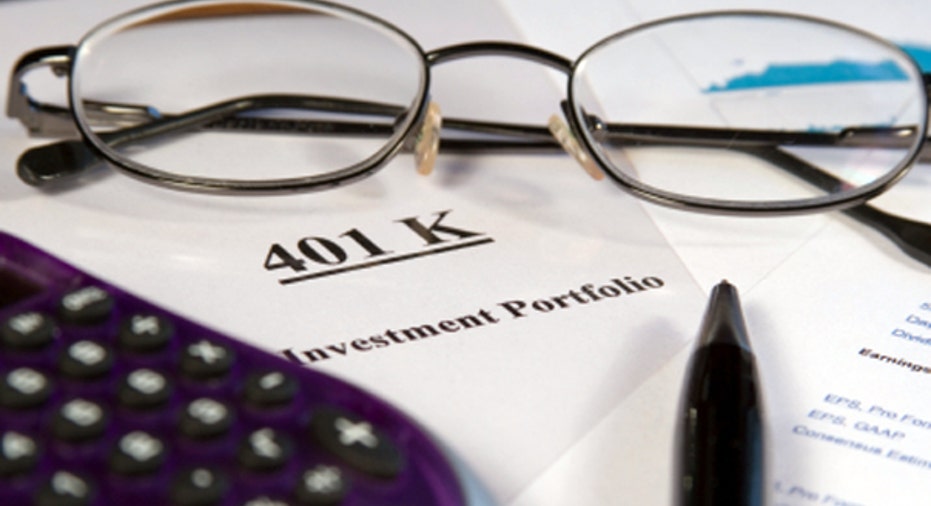Inheritance, Taxes and Portfolio Rebalancing: How to Get it Right

There are rare opportunities to rebalance your portfolio without paying taxes. If you’ve inherited assets, you now exist in one of those rare times.
Often, when people inherit stocks, funds or other financial assets, they’re loath to get rid of them. There’s an emotional attachment to the asset, as a last connection to the person, that goes beyond logic.
The tax rules aren’t so emotional. Typically, if you sell a financial asset at a gain, you’ll owe capital gains tax on the amount you made; the current rate on long-term gains is 15%. But if you’ve inherited assets, you get to take advantage of what’s known as the “step-up in basis.” That means that the “basis” of whatever you’ve inherited (that is, the amount at which it’s valued for tax purposes) resets on the date you received it. The result is that if you sell, you won’t owe any taxes on the gains that may have built up over years, or decades, of ownership before you inherited it. You will, however, owe capital gains taxes on any future appreciation should you continue to hold on.
“When you inherit assets, it’s a good time to be selling things,” says Scott Hanson, a senior partner and founding principal of Hanson McClain, a Sacramento-based financial advisory firm, with $1.3 billion under management. “You’ve got a fantastic opportunity to liquidate the portfolio, avoid any taxes, and build it back as you want.”
Unfortunately, that’s not what often happens. Hanson points to a client who had inherited a $400,000 stock portfolio, much of it in three bank stocks, three years ago and refused to sell anything. Of course, in retrospect, that timing was atrocious: In the wake of the financial crisis and subsequent government bailout, bank stocks tanked, some by more than 90%.
The attitude was “if it was good enough for mom, it was good enough for me,” Hanson says. “In my client base, there’s a reluctance to sell. You have an opportunity to reposition the portfolio, but there’s all those other issues — guilt perhaps — that come with the portfolio, too.”
So what to do if you’ve recently inherited assets — or are holding assets that you previously inherited, but have given no thought to over the months or years you’ve had them? Look at your portfolio, and decide if it’s where you want it to be. You should be taking stock of your portfolio yearly, but if you haven’t in a while, this is a good time to do so. Are the stocks and funds you inherited ones that you would buy now at market prices? Do they fit in well with the rest of your holdings?
If you can’t answer yes to both of those questions, then the tax benefit gives you a special opportunity to sell and buy something else. If you believe that capital gains rates will go up in the future (as they are slated to after 2012, without legislative intervention), there’s an added bonus: You will have repositioned your portfolio for the long haul before those rates go up, making it more expensive to do so.



















